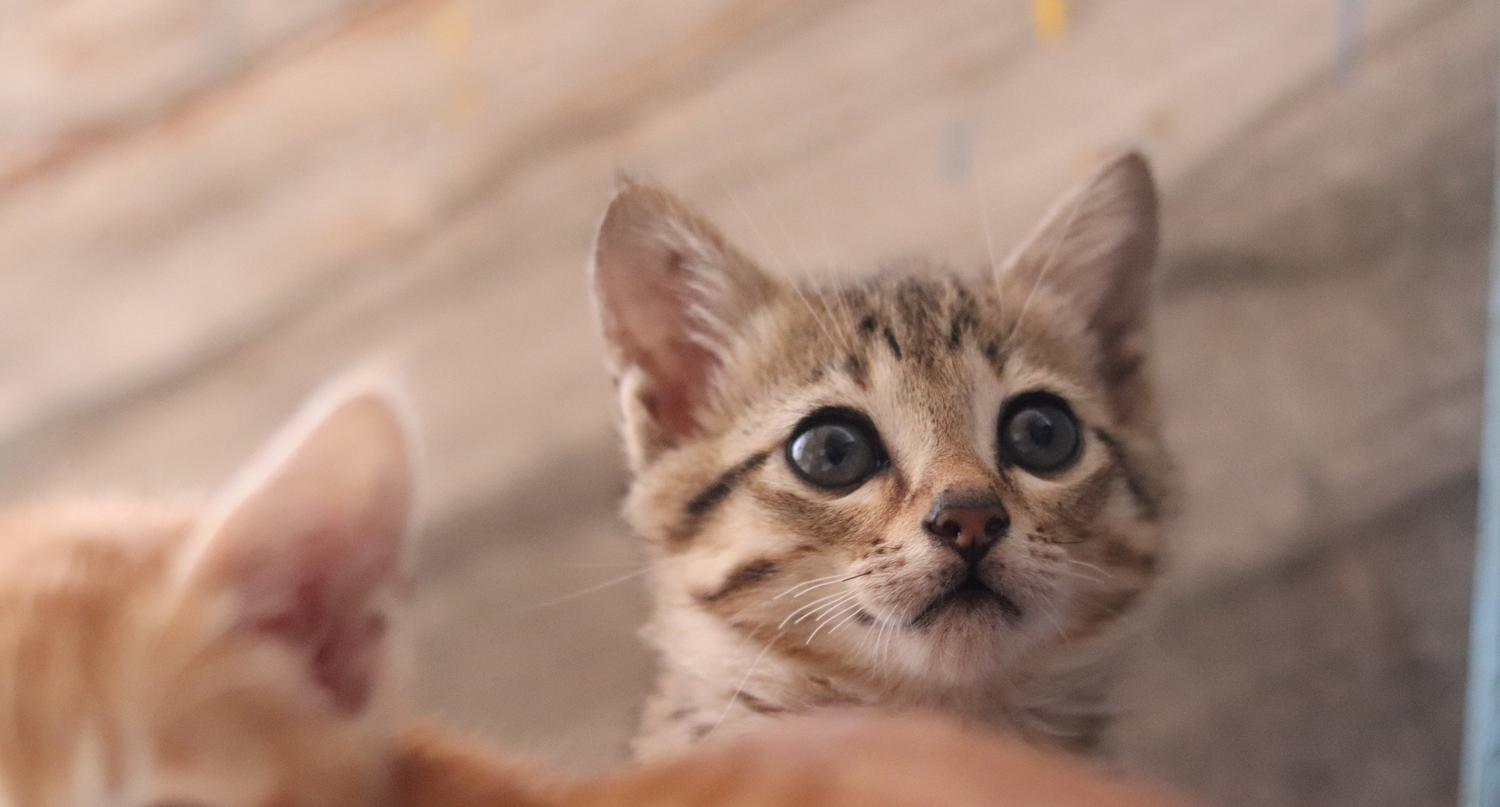Natural disasters are unpredictable and uncontrollable events, which makes them scary for everyone, but particularly children.
On This Page
Everyone deals with momentous events such as major natural disasters differently. However, generally some degree of unease or anxiety is experienced in the aftermath.
While adults may be better equipped to recognise what they are feeling and why, it can be a lot harder for children to make sense of their emotions. Although it is not always possible to predict certain natural disasters, there are ways to mitigate the anxieties experienced after the fact. Having conversations with them about what to expect before, during and after a natural disaster, as well as teaching them the importance of accepting uncertainty is key for building resilience.
These five tips can help your child easily prepare for and then process natural disasters.
1. Focus on Information & Reassurance
Give age-appropriate information about natural disasters to help children better understand. Take time to create an emergency plan and include your children in the planning to ensure they understand their role. Talk about what may happen and has happened in the past you know your child and what works best for them. For some children, conversation may be easier sitting side by side while drawing a picture or while helping to prepare a meal. For others, face to face conversation may work best. Keep your tone reassuring, repeating messages such as, that was scary, but were safe now.
Stick to the facts and encourage questions. Be honest, and if you can watch or listen to information about the event with your child, use this as a tool to educate and offer reassurance. Minimise social media exposure for children/teens, particularly before going to bed.
Most importantly do not underestimate the power of a good cuddle to calm down an anxious little one!
Related Articles
2. Talk About Preparation
Show them where you store your emergency supplies, draw up lists of names and phone numbers of who they should contact in an emergency situation and practice your drills. Ask them to consider preparing a small bag of what might be important for them to have ready.

For children who are worried about the likelihood of unprecedented events and natural disasters, knowing that their family members are prepared will give them a sense of security. If you don't know the answer, don't be afraid to admit it. Don't jeopardise your child's trust by making something up or offering false promises.
3. Stick to Your Routine
Children find security in routine, and the sense that life goes on will help them feel safe. While it is tempting to keep your child home, if your school or preschool is open and Government has officially verified returning as safe send them! Being around their friends and getting back into routine is tremendously helpful for children. Encourage them to get outside and play, arrange play dates for younger children, resume the usual daily activities such as walking the dog, etc.
Stick to mealtimes, maintain a healthy diet, and avoid processed and convenience foods. Keep bedtimes as normal as possible. Maintain compliance with any previously prescribed medication and keep appointments with professionals as scheduled.
4. Know When to Seek Help
Anxiety is normal after an event such as a natural disaster, and it can take the form of many different behaviours. These include:
- Regressions in sleep/toileting (bed wetting)
- Crying and clinginess
- Irritability/quick to anger/disrespectful
- Fear of the dark or being alone or nightmares
- Headaches/aches/pains/stomach upset
- Reluctance to go to school or preschool or struggling with homework
- Loss of appetite or lack of interest in everyday activities.
These behaviours are normal after a traumatic event and will start to fade within a relatively short period of time. However, if your child is exhibiting ongoing anxious behaviours and the reactions to the said event are disrupting their daily lives, arrange an appointment with their doctor or seek a professional counsellor to help your child manage their anxiety. Visit Cayman Resident for a list of trusted Psychologists, Psychiatrists and Counsellors in Cayman.
Take any suicidal talk or behaviour seriously.
Contact your doctor or bring your child to the A&E Department at Cayman Islands Hospital (345) 949 8600 for assessment or, if on the Sister Islands, attend Faith Hospital (345) 948 2243 or contact the nurse at the Little Cayman Clinic (345) 948 0072 / (345) 916 5395. You can also contact any any of the resources listed on the Alex Panton Foundation website.
5. Manage Your Own Anxiety and Come Together as a Family
As a parent, ensuring that you have healthy methods of dealing with your stress and anxiety is the most important way that you can help your child after a traumatic event such as a natural disaster.
Children are visual learners, so if you are showing them that you can manage your stress, they learn that their stress is manageable too. The more calm, relaxed and focused you are, the better you will be able to help your child.
Encouraging time and discussion as a family is a good way to identify needs, seek solutions and give everyone a voice and a role in handling frightening events such as natural disasters in a positive and pragmatic way. Monitor adult conversations and be aware of what adults are saying about the event or the damage. Children may misinterpret what they hear and be unnecessarily frightened. Focus on the positive and stay hopeful.
More Information
- Contact the Behavioural Health Department, Cayman Islands Hospital, George Town on (345) 244 2650, Faith Hospital, Cayman Brac on (345) 948 2243 or Little Cayman Clinic on (345) 948 0072.
- The Mental Health Helpline is 1 800 534 6463 (Monday-Friday, 9am-5pm) and the Cayman Islands Crisis Centre's KIDS helpline is (345) 649 5437. For more information, visit www.cicc.ky.
- Led by Dympna Carten, the Community Psychiatric Nurse for the HSA, 'Radio Head' recognises the crucial role radio plays in our community for educating and informing people in times of national emergency. Through community donations, they supply Cayman’s most vulnerable with this valuable piece of technology. To donate a radio to Radio Head, please email: dympnacarten@hotmail.com or call (345) 916 3734.
Emergency Alert System
In March 2022, the Cayman Islands Government launched the National Emergency Notification System (NENS). In the event of a national disaster or emergency, this system enables direct communication with all subscribed users in the Cayman Islands.
Developed by Hazard Management Cayman Islands (HMCI) in collaboration with local and regional stakeholders, NENS is a FREE mobile app that delivers emergency alerts by email, SMS and app notification. Residents and visitors can download the app on their mobile devices by going to nens.gov.ky.
The emergency alert will include details of the incident including what kind of incident it is, where it is primarily located (if possible) and when it occurred. The message will also include any essential public safety messaging such as instructions to stay away from the incident area or to seek higher ground.
For more information and to find out how to download the NENS app, head to the Cayman Resident website.
Hazard Management Cayman Islands (HMCI)
Many years ago, after Hurricane Ivan devastated Grand Cayman in 2004, the Cayman Islands Government realised there was a need for a multi-purpose agency within the Government that was responsible for the nations' national disaster management programme. HMCI, and their dedicated team, work with the community to increase and improve Cayman’s resilience, response to, and recovery from, disasters. For more information see their listing below. They often do talks at schools in Cayman and to various community groups.






